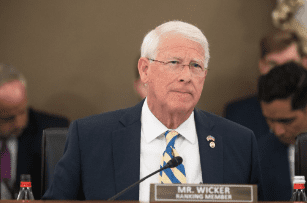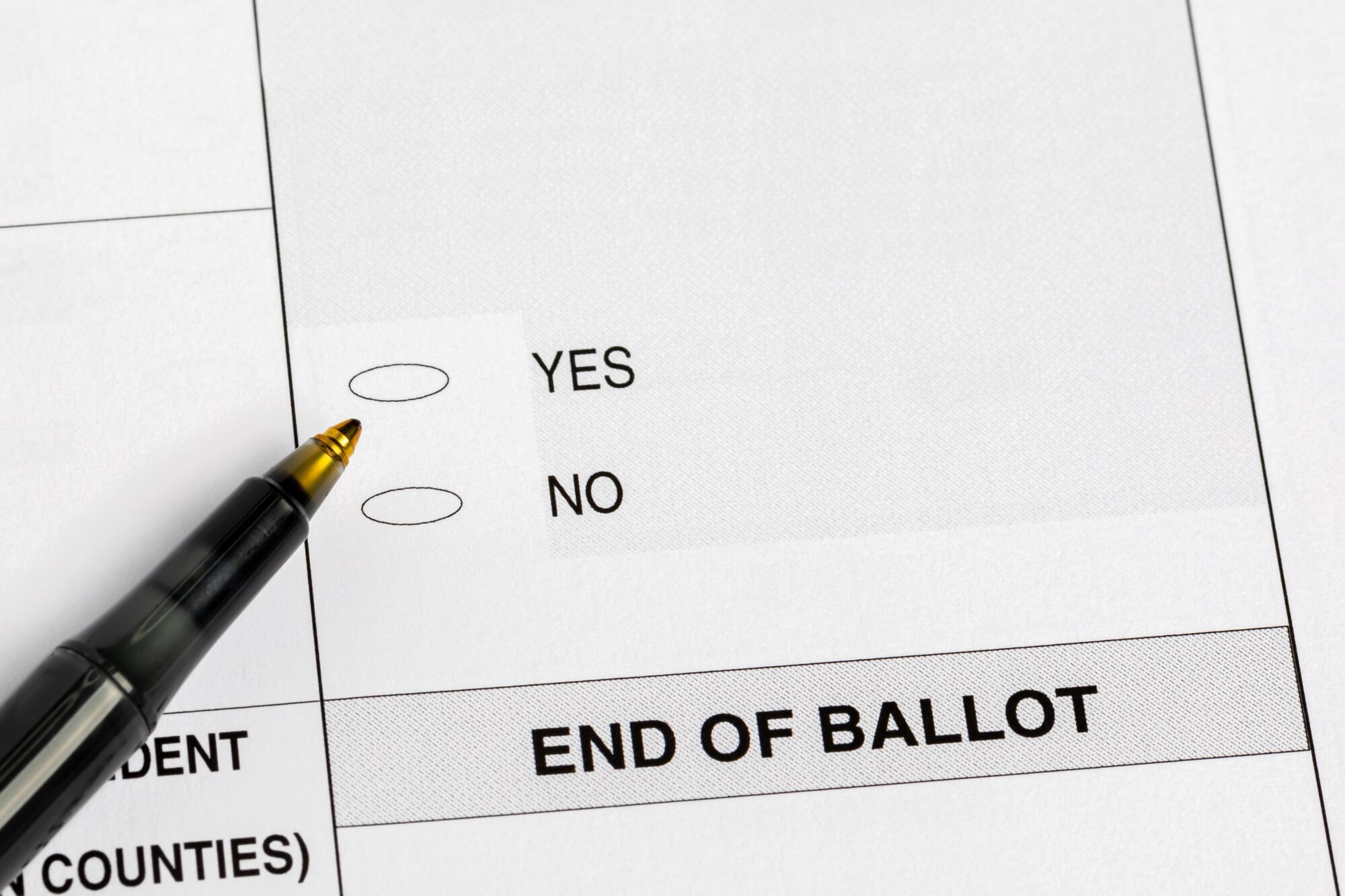
“FHWA cannot create of its own choosing the authority that Congress debated, considered, and rejected.”
U.S. Senator Roger Wicker (R-MS) joined over twenty of his Republican colleagues in a letter voicing their strong opposition to the Federal Highway Administration’s (FHWA) proposal to implement a greenhouse gas emissions performance measure on state departments of transportation and metropolitan planning organizations.
The Senators argued that FHWA’s proposal exceeds the agency’s limited statutory authority provided by Congress.
The lawmakers said they are especially troubled by this attempted overreach given the Supreme Court’s recent ruling in West Virginia v. US Environmental Protection Agency, 142 S. Ct. 2587 (2022), which made clear that agency actions implicating major questions require clear congressional authorization.
“The signatories of this letter, which include members of the Senate Committee on Environment and Public Works with oversight authority of FHWA, respectfully request FHWA withdraw the proposal,” the Senators said.
The group of lawmakers stated that FHWA’s attempt to create new authorities where Congress has not provided them would infringe on state DOTs’ necessary flexibility to meet the surface transportation needs of their residents.
“If finalized, the proposal would commander state DOTs’ authority by forcing them to reduce vehicle emissions, likely necessitating shifts in vehicle fuel type usage and transportation modes without clear statutory authority,” the lawmakers continued. “The proposal would also impose significant changes on the American economy and private spending as it would incentivize switching to electric vehicles, reducing vehicle miles traveled, and restructuring transportation networks.”
The Senators said FHWA cannot create of its own choosing the authority that Congress debated, considered, and rejected.
“In sum, FHWA does not have the statuary authority to proceed with this proposal,” the lawmakers wrote. “The agency’s actions demonstrate a complete disregard for the law and an overreach of its authority provided by Congress. Again, we request that you withdraw this proposal immediately and instead focus staff time and resources on the implementation of the IIJA as enacted by Congress.”











